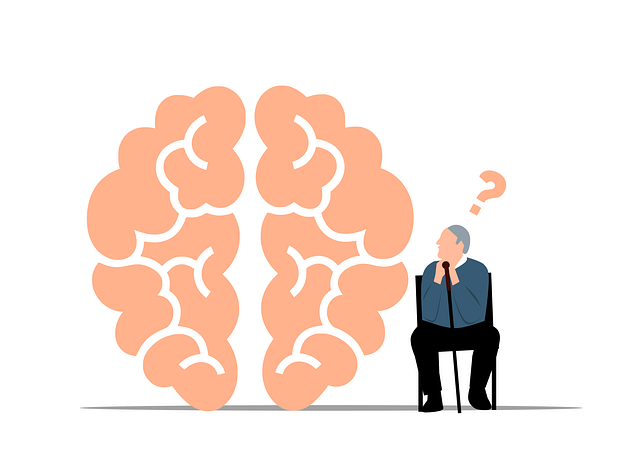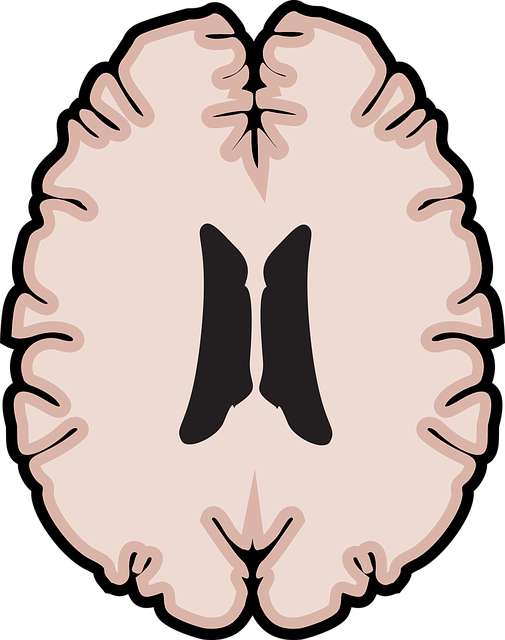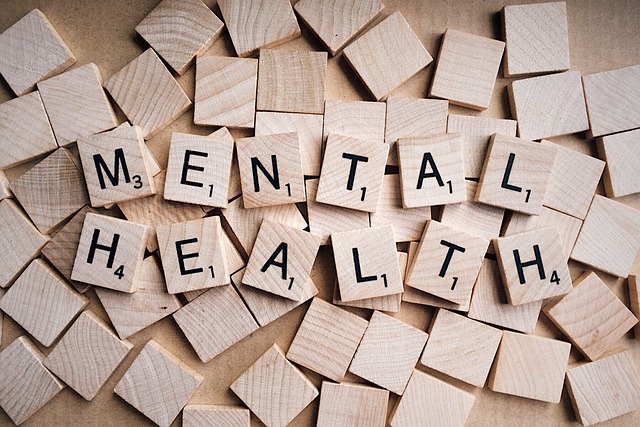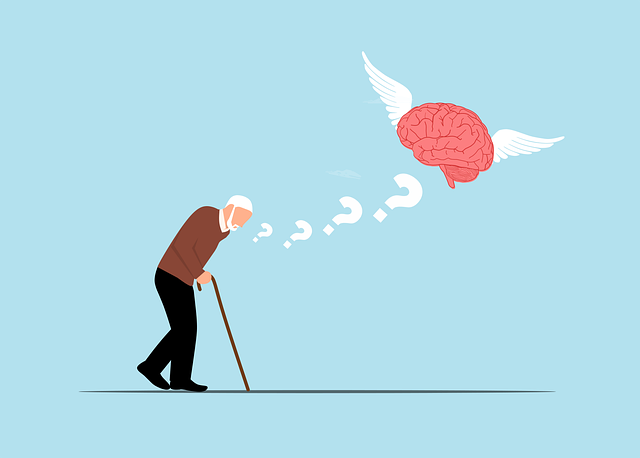Mental wellness self-assessment tools, integrated with superior couples communication issues therapy techniques, offer game-changing solutions for relationships in distress. By identifying patterns and triggers through active listening, reflective questioning, and empathy building, therapists empower couples to improve their communication, enhancing overall mental health and well-being. This holistic approach not only resolves immediate conflict but also equips individuals with self-reflection skills, confidence boosts, and resilience against life challenges, leading to superior therapy outcomes and long-term emotional intelligence growth.
Mental wellness self-assessment tools play a pivotal role in enhancing therapy outcomes. This article delves into the development and significance of such tools, starting with understanding mental wellness fundamentals for effective therapy. It explores crucial aspects like identifying superior couples communication issues, integral to overall mental health. We discuss integrating advanced communication techniques into these tools and designing comprehensive frameworks for complex concerns. By leveraging these assessments, therapists can significantly improve treatment results.
- Understanding Mental Wellness Self-Assessment: The Foundation for Effective Therapy
- Identifying Couples Communication Issues: A Key Aspect of Overall Mental Health
- Integrating Superior Communication Techniques into Self-Assessment Tools
- Designing Comprehensive Assessment Frameworks for Complex Mental Health Concerns
- Enhancing Therapy Outcomes: Utilization and Impact of Developed Self-Assessment Tools
Understanding Mental Wellness Self-Assessment: The Foundation for Effective Therapy

Mental wellness self-assessment tools are pivotal in understanding an individual’s psychological state and serve as a foundation for effective therapy. These assessments enable people to gain valuable insights into their thoughts, emotions, and behaviors, facilitating early intervention and personalized support. By evaluating various aspects of mental wellness, such as stress levels, emotional resilience, and social dynamics, these tools become powerful resources for both individuals and therapists.
For couples facing communication issues, self-assessment can be a game-changer. It helps identify patterns and triggers that contribute to conflicts, allowing them to develop tailored strategies. This proactive approach not only enhances superior couples communication but also provides trauma support services by addressing underlying emotional barriers. By integrating mental wellness assessments into therapy, professionals can offer targeted interventions, ensuring better outcomes for those seeking help for their communication problems.
Identifying Couples Communication Issues: A Key Aspect of Overall Mental Health

Identifying Couples Communication issues is a vital aspect of promoting overall mental health and well-being. Effective communication forms the foundation of any relationship, and when couples struggle to express their thoughts, feelings, and needs, it can lead to frustration, resentment, and even mental health complications. Superior couples communication therapy involves creating a safe and supportive environment where both partners feel heard and understood. This process includes exploring conflict resolution techniques, enhancing active listening skills, and fostering empathy building strategies that strengthen the emotional intelligence of the couple.
Mental wellness journaling exercises can be a valuable tool to encourage self-reflection and open dialogue. By documenting thoughts, emotions, and communication patterns, couples gain guidance on identifying recurring issues and understanding each other’s perspectives. These insights facilitate meaningful conversations and promote positive changes in their interactions, ultimately contributing to improved mental wellness for both individuals.
Integrating Superior Communication Techniques into Self-Assessment Tools

Integrating superior communication techniques into self-assessment tools is a strategic move that can significantly enhance their effectiveness in mental health contexts. Effective communication, often honed in therapy sessions addressing couples’ communication issues, serves as a cornerstone of successful assessments. By adopting these advanced communication methods, tools can facilitate deeper exploration of individuals’ thoughts and feelings, leading to more accurate insights into their mental wellness states.
This integration goes beyond mere question formulation; it involves structuring conversations that foster openness and trust. Techniques such as active listening, reflective questioning, and empathetic validation not only improve the quality of information gathered but also create a supportive environment for users. In the broader context of risk management planning for mental health professionals, burnout prevention, and mental health policy analysis and advocacy, these communication enhancements can contribute to more robust data collection and informed decision-making, ultimately benefitting both practitioners and clients.
Designing Comprehensive Assessment Frameworks for Complex Mental Health Concerns

In developing comprehensive assessment frameworks for complex mental health concerns, therapists must strive to create tools that capture the multifaceted nature of human psyche and behavior. Superior Couples Communication Issues Therapy requires a nuanced approach, as relationship dynamics can significantly influence mental wellness. Therefore, assessment tools should not only evaluate individual symptoms but also assess interpersonal interactions, conflict resolution strategies, and emotional support systems within the couple.
Integrating Mind Over Matter Principles into these frameworks can empower individuals to take ownership of their mental wellness journey. By promoting self-reflection and Confidence Boosting techniques, therapists can enable clients to manage stress effectively and cultivate resilience. These principles, when incorporated into assessment processes, not only aid in identifying specific areas for intervention but also equip individuals with valuable tools for long-term mental health maintenance.
Enhancing Therapy Outcomes: Utilization and Impact of Developed Self-Assessment Tools

The development of self-assessment tools has revolutionized mental wellness therapy, particularly when addressing complex issues like couples communication problems. These tools empower individuals to take an active role in their therapeutic journey, fostering a sense of ownership and engagement. By providing personalized insights into their emotional states, relationships, and coping mechanisms, therapists can tailor their approaches to meet unique needs. This precision enhances the effectiveness of therapy, leading to superior outcomes for both individuals and couples seeking support for communication issues.
Moreover, self-assessment tools contribute to mood management, confidence boosting, and coping skills development. They encourage self-reflection, enabling clients to identify triggers, patterns, and emotional responses. Armed with this knowledge, they can employ targeted strategies to improve their mental wellness and relationships. Such proactive measures not only complement traditional therapy but also promote long-term resilience, ensuring individuals are better equipped to navigate life’s challenges.
The development of mental wellness self-assessment tools, as explored in this article, presents a transformative approach to enhancing therapy outcomes. By integrating advanced communication techniques, such as addressing superior couples communication issues, these tools offer a comprehensive framework for assessing complex mental health concerns. The impact lies in their ability to empower individuals and facilitate more effective therapy by providing valuable insights into their mental wellness. This, in turn, paves the way for tailored interventions, ultimately improving overall well-being.











